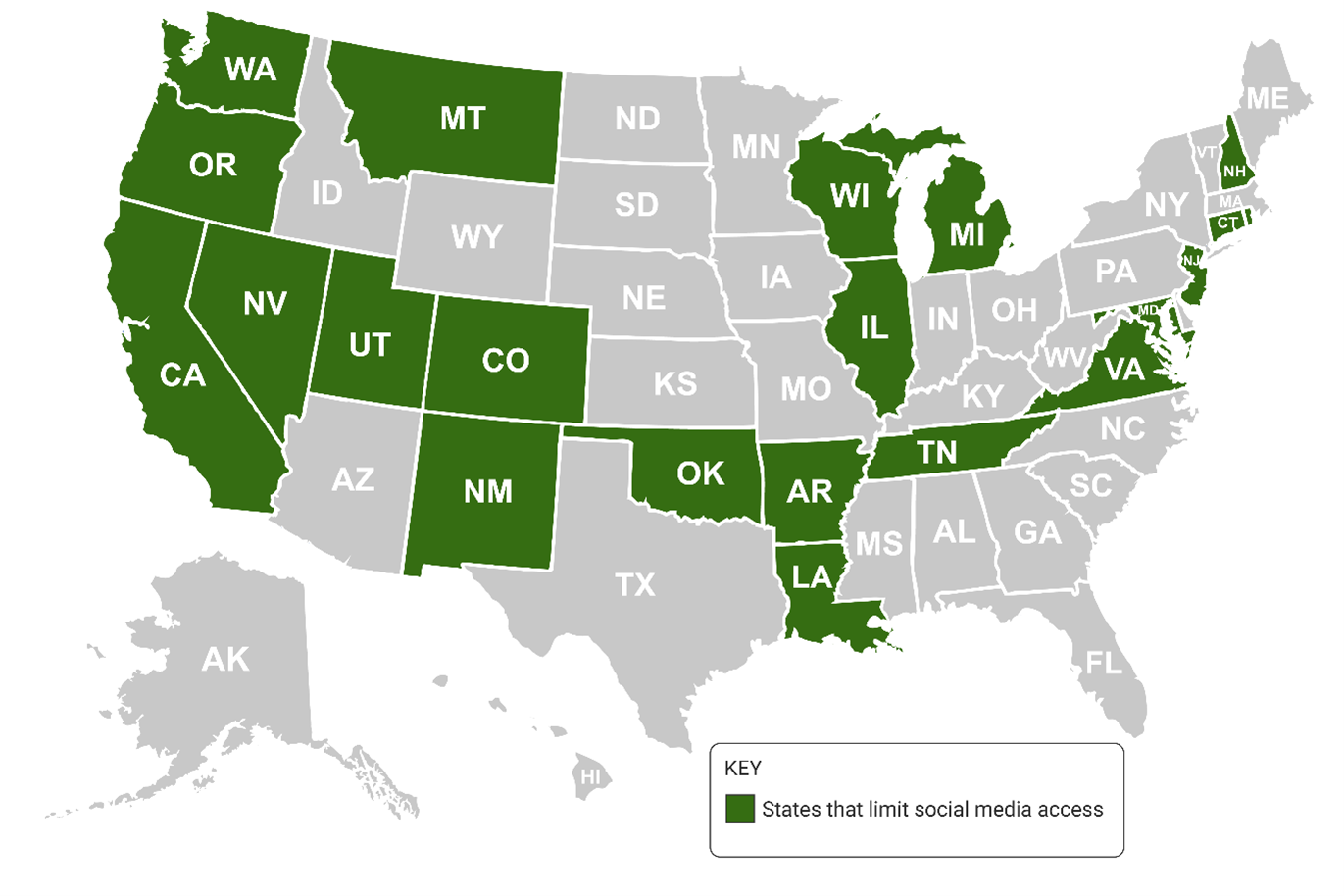Main Content
Lesson 03: Legal Aspects of Recruiting, Hiring, and Promotion
L03 Social Media and Recruitment
Accessing social media sites to learn more about an applicant than what is curated in a resume is commonplace with some employers. A reversal of the practice is unlikely.
A problem inherent with accessing social media sites is that information about protected class characteristics – including race, gender, age, pregnancy and religious beliefs – can become known at a time when applications are screened, and applicants are sometimes eliminated. Reasons can become suspect. Recommendations for avoiding that include outsourcing of checking social media sites. Many employers outsource background checks. The process provides a shield between the employer and social media sites where it might learn about protected class characteristics.
The text indicates that the frequency of employers demanding login access to social media sites is disputed. Whether fact, fiction, or overstated, 21 states shown in the map below have enacted laws limiting employer access to the social media accounts of employees and applicants.

Are the risks worth the information gathered? Information about protected class characteristics can taint the hiring process and provide a basis for allegation of screening based on those characteristics. They can provide a basis for allegations of screening based on protected class characteristics.
Employers should exercise caution, and job applicants should be aware that the Internet is a wide-open, vast place where anything is easily discoverable. Search with discretion and good purpose. Post with an awareness that the Internet is not like the diary of old that can be locked away.
